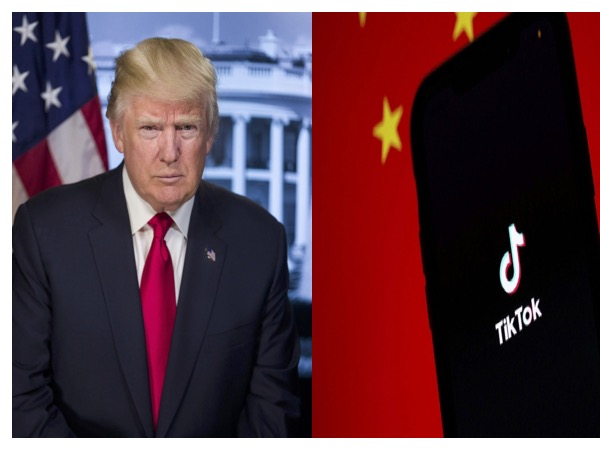It is apt to say that we the people of California need to increase our responsibility to help defend the Master Plan for Higher Education. But it’s not enough to say that students in this state need to be able to compete with the “world labor market.” We need to be able to compete with the global elite.
A quick search of “Tax Justice Network” along with “$32 trillion” should bring up some startling realities of the last month. Global networks of billionaires (about 100 thousand people) have amassed a total wealth of $32 trillion being held in tax havens, “unrecorded offshore wealth.”
As reported by many news agencies, from Huffington Post to Infowars and Los Angeles Times to New York Times, that since 1970, the richest citizens in 139 developed countries have a combined wealth of $7.3 trillion to $9.3 trillion in “unrecorded offshore wealth.”
Democracy Now has reported 400 of these super-rich individuals live in the U.S.; Contra Costa Times reported 80 of them live in California and 11 of them are here in the Bay Area, according to the San Francisco Chronicle.
These individuals are chiefly responsible for choking off the resources we are losing access to; education is a main one of these resources. Think about how much money is leaving our communities and displacing students, what are we to do? With money leaving our communities, where are we to go and how are we to get by?
We need to become involved in the issue of education and the issue of access. Who is not getting in and why? What is responsible access and how do we increase it? Progress comes when those who care about education link up with other causes to form community concerns, as opposed to marginalized ones.
But how is it that we do this to get by? After getting your education, the place you should settle is not in some Fortune 500 company but rather your own community. Finding a need and filling it could contribute a lot to community wealth. And by hiring those from the community to work, you can put more wealth back in the locals’ hands. When we combine this with people taking interest in their community and developing a democratic tradition of engaging those who are elect, then we have a sustainable community outside of the stock market. A sustainable community that can bounce back at hard times and provide people their rights to health, education, housing, utilities and a living wage.
We need not go further than our own local community. New Economics Foundation research shows that when people “buy local,” money circulates faster, contributing to the quality of life of people living in the city.
Research done by New Economic Foundation has found that “Government spending on a local construction firm benefited the local economy nearly twice as much as spending on a non-local firm. An organic farm’s income generated twice as much money for the local economy as a supermarket’s income in the same area… Social enterprises add economic value, not just social value, to their target communities in the form of jobs and local sourcing of goods and services.”
As far back as 1970’s, when the wealth disparity was manageable, communities flourished and people were able to go to school and have somewhat of a living wage. Money stayed in the local community and contributed to the rise of the standard of living of people in the United States.
Currently in countries as industrialized as England or as destitute Argentina the investment in the local community has led to education, healthcare, utilities being free! So are we ready to take that plunge to benefit the whole through collective support or will we continue to undercut for the sake of individualism?








































































